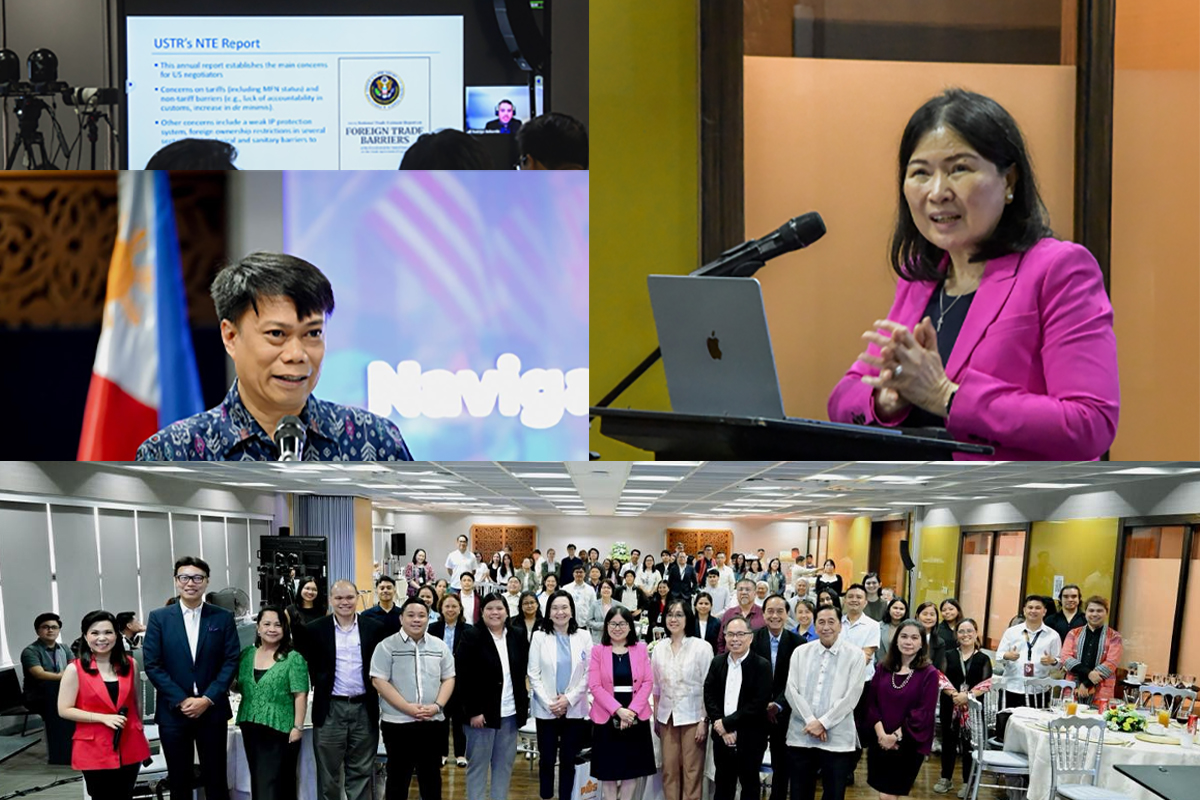THE Philippines' accession to the World Trade Organization Agreement on Government Procurement (WTO-GPA) and strengthening copyright enforcement are imperative as the country is poised for digital trade integration with its Asia-Pacific neighbors, according to the Philippine Institute for Development Studies (PIDS) discussion paper.
PIDS supervising research specialist Neil Irwin Moreno and senior research fellow Francis Mark Quimba examined some notable low-hanging fruits that can be quickly adopted by the government for the country to be fully prepared for regional integration.
Moreno and Quimba said it could be the "ideal time" for the Philippines to accede to the GPA with the country becoming an observer and the GPA 2012 replacing the GPA 1994.
Signed on April 15, 1994 and entered into force on Jan. 1, 1996, the WTO-GPA is a plurilateral agreement that aims to mutually open government procurement markets among its parties by gradually reducing and eliminating discriminatory measures.
Becoming an observer in June 2019 has enabled the Philippines to participate in the discussions of the committee in drafting the framework for the conduct of international trade in government procurement without any commitment.
"Many of the GPA parties do not have a trade agreement with the Philippines, which could make the GPA accession complementary to the existing FTAs (free trade agreements) of the country," Moreno and Quimba said.
They said it is thus important to assess the issues discouraging the country from joining the agreement, most especially the protection of domestic industries.
"Since the agreement does not compel parties to cover all industries, the Philippines could identify which sectors can be fully covered by the GPA provisions, and those that need greater protection from foreign competition," they added.
Moreno and Quimba also underscored the importance of strengthening copyright enforcement.
They cited studies noting the prevalence of illegal online activities still decreases the sales of legal content. This discourages creators in the creative industry to invest in making quality products, thereby hampering the industry's growth in the long run.
"Moreover, a high level of piracy has serious implications on the country's cybersecurity," they said.
"Thus, stronger copyright enforcement is important for consumers to perceive that patronizing pirated content is risky and inconvenient. This could be complemented by programs that provide additional legal means for creators to promote their projects," the pair added.






